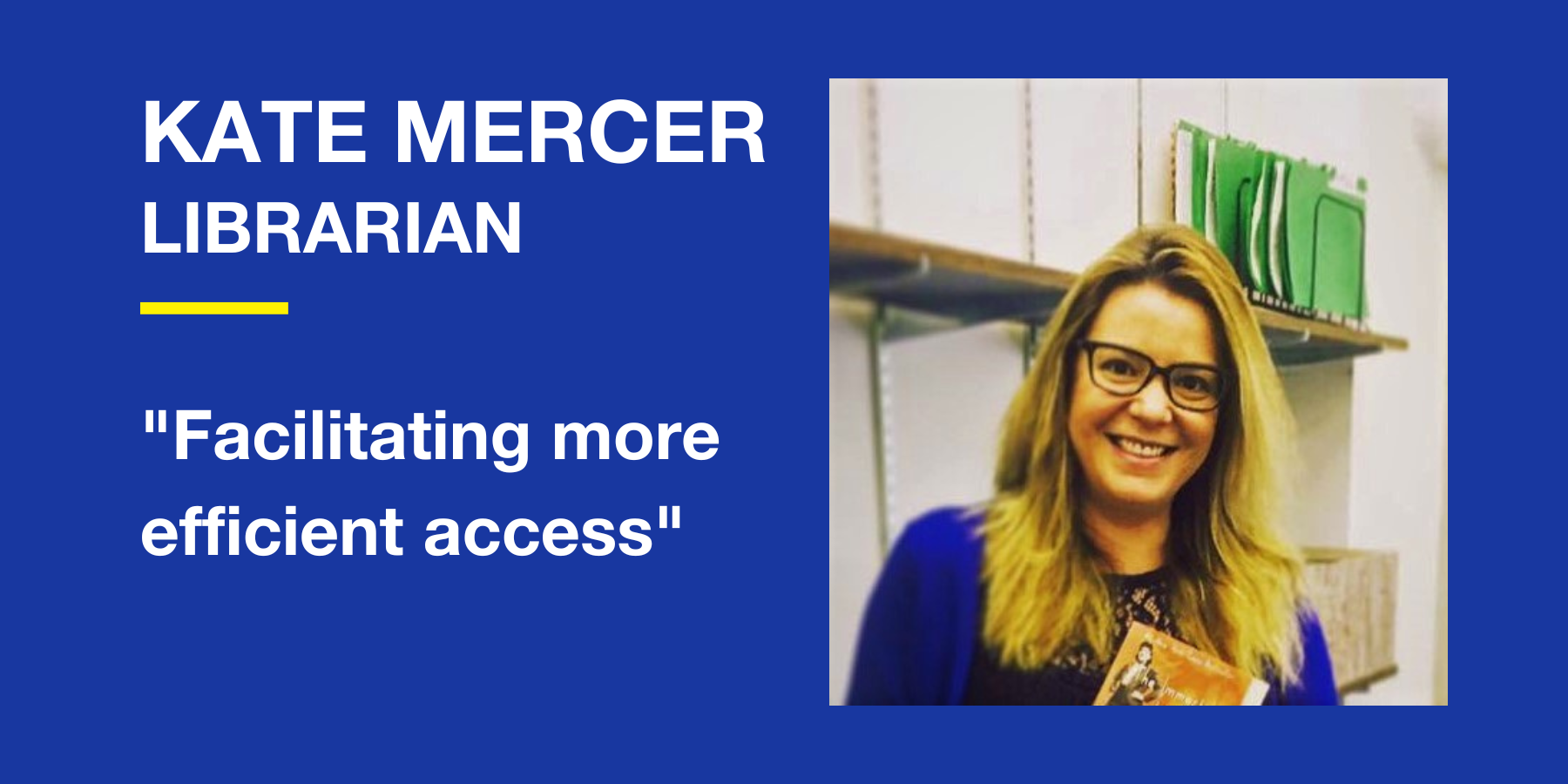I’ll start with a question: How are you or your library helping to boost the lab productivity of science students and faculty? We know that researchers and students face an increasing (and sometimes overwhelming) deluge of scientific literature, much of which they must master.
So, researchers need a solution to identify relevant literature when they are:
- Designing new research directions
- Launching a new project
- Completing course-based lab work
These efforts require effectively sorting existing evidence and categorizing promising scientific approaches. Gaining insights and summaries into research areas requires systematically scoping and reviewing articles. Because of this, researchers want to build labs that have students with strong information-seeking skills — as well as strong lab skills.
Breaking Faculty Info Chokehold
Our library focuses on how to both reach STEM students and researchers, and how to engage with them on their territory. By framing our engagement and instruction in terms of how students are operating in their labs, we provide information literacy in a meaningful context.
To assist the faculty, I have avoided relying on one-off workshops. Rather, I have focused my efforts on partnering with faculty members to build librarian visits into research and lab workflows. I worked with researchers to embed instruction for them to synthesize information into their lab meetings. Along with offering more traditional class-based approaches, I emphasize working with labs when possible.
Also, I help students and faculty members stay on top of emerging research and strengthen the evidence they use to drive their own. This increased the productivity of science and engineering students.
Aiding Undergrads
My approach to undergraduate instruction has shifted to active learning and problem-based approaches. Undergraduate students are often challenged by the prodigious amount of course and lab work they are assigned, as well as the readings they must complete. I work with them on their terms: I frame my instruction under the umbrella in which they are already working, instead of leveraging more traditional information literacy approaches. This helps them to consult the existing knowledge base and methodological approaches to enhance lab work efficacy.
Also, my instructional approach has changed from a solely in-class method, to including new technologies, such as Slack and Twitter, to successfully engage students. By connecting with students on platforms they already engage with, I am better positioned to have informal initial interactions that lead to more in-depth tutoring.
In doing this, I help them to not only find, but successfully sift through, the information they need to be successful. This avoids any perceived wasted effort and supports the use of strong resources. For instance, I have embedded myself in engineering design classes annually.
And I have focused significantly on how research can facilitate the students’ learning in the lab portions of the courses. I help students understand the importance of conducting research to support their projects, and help them understand how effective research and information-seeking can streamline their design and lab work.
Assisting Graduate Students
For graduate students, my focus builds on the approach I take with undergraduate students. Many science students do not focus on writing until they reach graduate school — where they must learn to better disseminate lab findings. This means that often there is a transition period for them. I have found opportunities to build in them an understanding of the research dissemination process. Also, I provide resources and tools in an information-literacy context.
I have successfully been using the literature review process to give structure to what is an otherwise often scattered approach to organizing information. I have also focused on teaching graduate students to use aggregating tools, such as Scopus alerts, to help them stay on top of emerging research.
Ultimately, by facilitating more efficient access to (and synthesis of) research, I help students and researchers increase productivity.

